ABOUT THE AUTHOR
Joe Cox is a member of the Society for American Baseball Research (SABR) and is the coauthor of multiple sports books, including Fightin Words: Kentucky vs. Louisville and Voice of the Wildcats: Claude Sullivan and the Rise of Modern Sportscasting. He lives with his wife and children near Bowling Green, Kentucky.

ALMOST PERFECT
ALSO BY JOE COX
100 Things Wildcats Fans Should Know and Do Before They Die (with Ryan Clark)
Fightin Words: Kentucky vs. Louisville (with Ryan Clark)
Voice of the Wildcats: Claude Sullivan and the Rise of Modern Sportscasting (with Alan Sullivan)
The Kentucky Wildcats Fans Bucket List (with Ryan Clark)

An imprint of Globe Pequot
Distributed by NATIONAL BOOK NETWORK
Copyright 2017 Joe Cox
All rights reserved. No part of this book may be reproduced in any form or by any electronic or mechanical means, including information storage and retrieval systems, without written permission from the publisher, except by a reviewer who may quote passages in a review.
British Library Cataloguing in Publication Information available
Library of Congress Cataloging-in-Publication Data
Names: Cox, Joe, 1980-author.
Title: Almost perfect : the heartbreaking pursuit of pitchings Holy Grail / Joe Cox.
Description: Guilford, Connecticut : Lyons Press, [2017] | Distributed by NATIONAL BOOK NETWORKT.p. verso. | Includes bibliographical references and index.
Identifiers: LCCN 2016032870 (print) | LCCN 2016035848 (ebook) | ISBN 9781493019502 (hardback) | ISBN 9781493019519 (e-book)
Subjects: LCSH: No-hitters (Baseball)History. | Pitching (Baseball)United StatesHistory. | Pitchers (Baseball)United States.
Classification: LCC GV871 .C69 2017 (print) | LCC GV871 (ebook) | DDC 796.357/22dc23
LC record available at https://lccn.loc.gov/2016032870
 The paper used in this publication meets the minimum requirements of American National Standard for Information SciencesPermanence of Paper for Printed Library Materials, ANSI/ NISO Z39.48-1992.
The paper used in this publication meets the minimum requirements of American National Standard for Information SciencesPermanence of Paper for Printed Library Materials, ANSI/ NISO Z39.48-1992.
FOREWORD
On June 21, 1964, I pitched a perfect game. I didnt know it at the time, but it had been 84 years since somebody had pitched one in the National League. Mine was only the fifth one in either of modern baseballs major leagues, and only the seventh one recorded in the history of big league ball. As of the beginning of 2017, there have been sixteen more.
I used a little bit of superstitious trickery to aid my perfect game. You see, three weeks prior, I had a perfect game going into the 7th inning against the Houston Colt-.45s in Philadelphia. I got to the seventh inning, gave up a hit, and then gave up several runs in the eighth, almost losing the game. While the perfect innings were racking up, everybody had been giving me the traditional silent treatment. So I said to myself, If I ever get into another game like this, Im going to talk about it on the bench. Im going to scream it to the rafters.
When the perfect game happened, I was on the bench saying, Hey, you guys, Im pitching a no-hitter, a perfect game. Now start diving for those balls! People looked at me like I was nuts.
The first couple innings of that perfect game, I didnt have good control. I threw some pitches their batters should have hit, like some hanging sliders right down the middle of the plate to Jim Hickman, who fouled them back. Ronnie Hunt was on that team, too, and he was notorious for getting hit with pitches. Work him outside, I told myself. I didnt want him to stick an elbow out and get him with a pitch and break it up that way.
But those at-bats were mid-game, and this book has stories of pitchers who lost their perfect game on the guy who would have been the 27th out. Talk about being an inch away from immortality!
I was more afraid of the 26th out. The only hitter on the Mets bench who had hit me fairly well was George Altman. I was hoping he would not be the last hitter, because I would have been a little more nervous with him in the batters box with two down in the last frame. When the ninth inning started, I called my catcher to the mound and said, Lets hope Casey Stengel pinch-hits Altman first instead of second. Sure enough, Casey used Altman first. I threw him hard sliders and then threw him an off-speed curveball, and he struck out on it. The last hitter was someone I had faced in the first game I pitched in the National League: John Stephenson. When I faced him all that time ago, my manager, Gene Mauch, ran out to the mound and said, Cant spell curve. All right, Mauch was saying, lets throw hooks to this guy. So I was glad to see Stephenson. On the fifth curve, he struck out, and I had the perfect game. Yeah, I pitched very well. But there was a lot of luckin fact, just the right amount.
As for the hard-luck games in this book, I remember Billy Pierce going into the 9th inning, two outs, and somebody getting a hit. I remember the Harvey Haddix game well. Of the more recent games, the only game I remember was Armando Galarraga pitching for the Tigers, with the play at first base where the umpire blew the call by at least a yard. Galarraga took it like it was just another game. He didnt realize, I believe, what that would have meant to his career. I know my perfect game meant a lot to mine. Im rooting like heck for anybody who is getting close to a perfect game, because you usually only get one shot at that.

My full career, not just one game, landed me in the Baseball Hall of Fame. Its the highest honor baseball gives, so I am humbled by it. When I started baseball as a kid, ending up in Cooperstown never entered my mind. I didnt think I was good enough. Baseball will surprise you sometimes.
So will life, right? After baseball was over, I had no idea I would ever be in politics, but a friend convinced me to run for local office, and I won a seat in the city council of Fort Thomas, Kentucky. When my state senator switched parties to become the chairman of a committee, I ran against him and beat him by just 396 votes. Not exactly swept to victory! I had a lot of close races, in fact, but I was fortunate enough to be elected to six terms in the House of Representatives and two more terms in the United States Senate.
I think the competitive drive that I developed in baseball helped me a great deal in politics, because its all competition in politics. Its your idea against somebody elses. Its your yes vote against a no vote. Its being able to convince people to vote for your plan rather than someone elses.
Baseballs competitive drive carried over to politics, for sure. And something else from baseball carried over, too. Something straight out of this book in your hands. As hard as we try, politics, like baseball, is almost never perfect.

My political career is over now, and I get to focus a great deal on my family. I have 35 grandchildren, and as of this writing Ill be having my 18th great-grandchild very shortly. My wonderful family is probably the biggest legacy I will leave. If I live another five to ten years, I will very probably have more than 100 grandkids and great-grandkids. That is incredibly special to me.


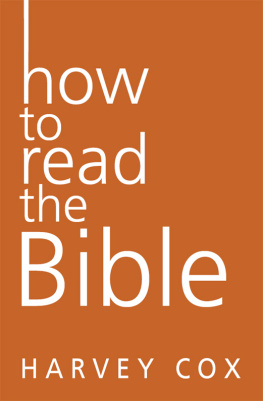
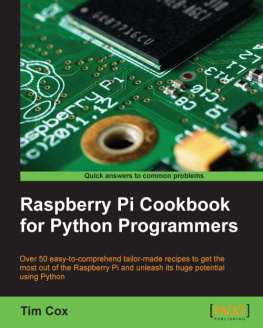
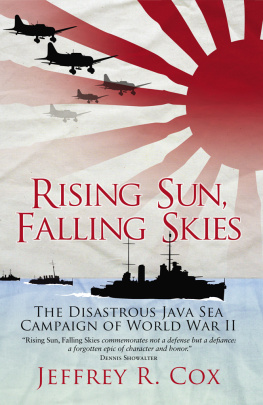
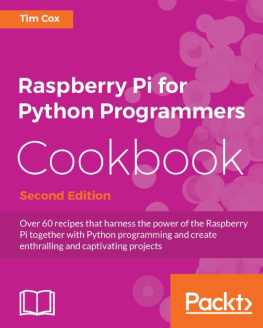
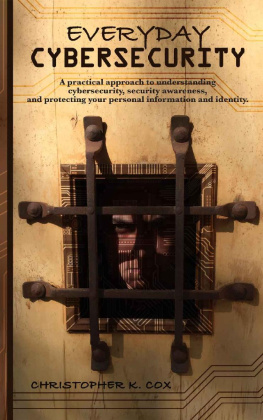
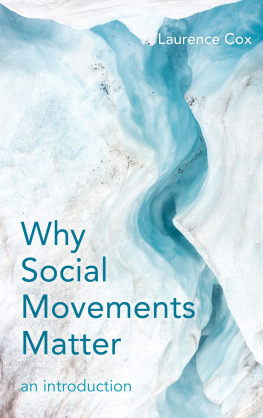
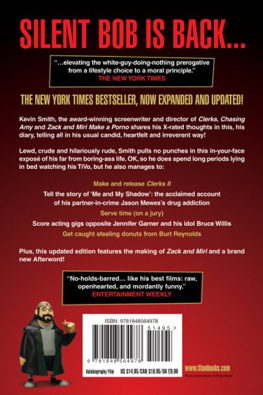
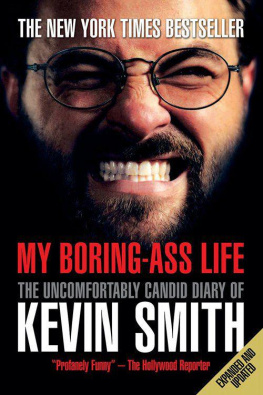
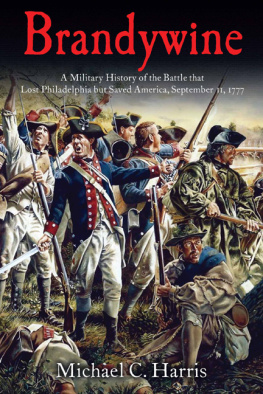
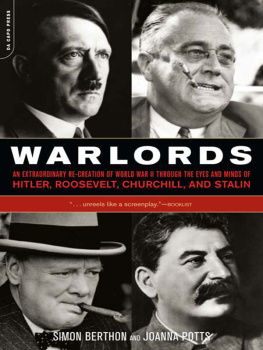
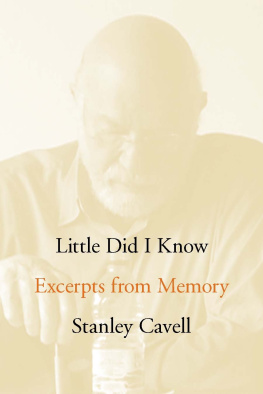
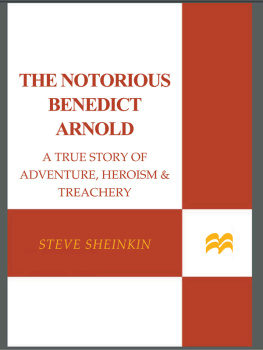
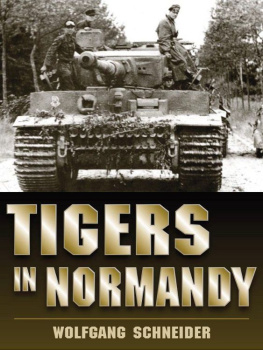
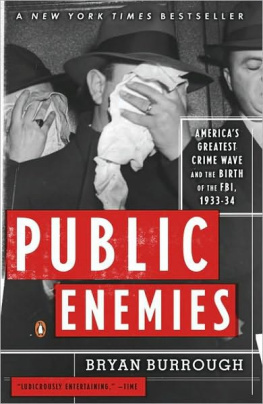


 The paper used in this publication meets the minimum requirements of American National Standard for Information SciencesPermanence of Paper for Printed Library Materials, ANSI/ NISO Z39.48-1992.
The paper used in this publication meets the minimum requirements of American National Standard for Information SciencesPermanence of Paper for Printed Library Materials, ANSI/ NISO Z39.48-1992.